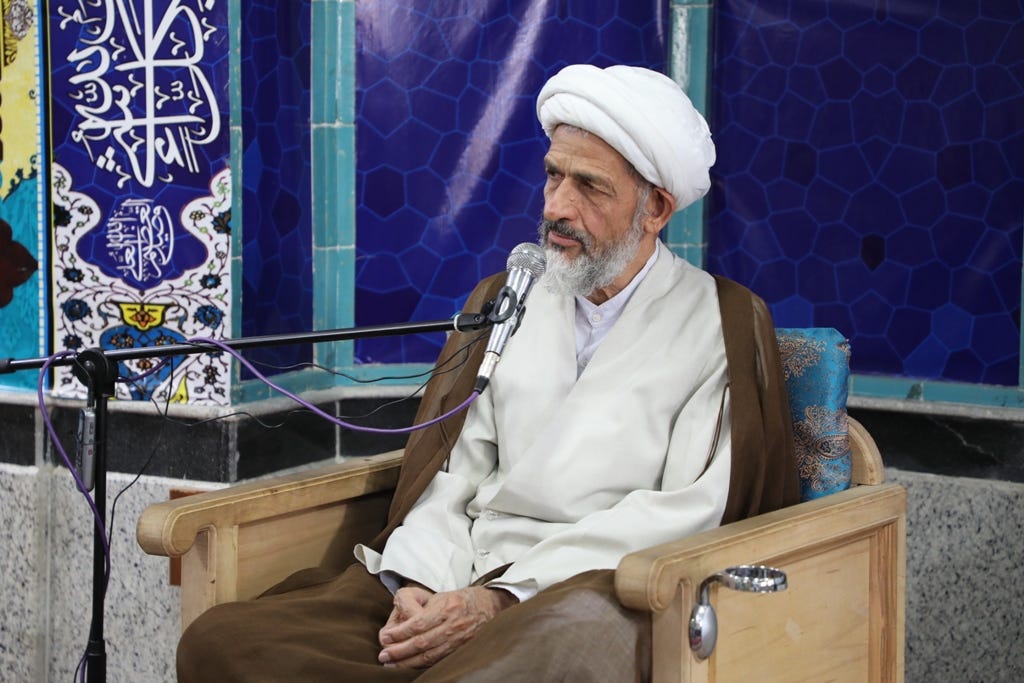Broken Wings
A summary of Arshi's commentary on Masnavi 1.29–31 (plus additional notes)
chūn keh gol raft o golistān dar gozasht
nashnavī zān pas ze bolbol sar gozasht
When the rose is gone and the garden faded,
you will no longer hear the nightingale’s song.
ʿArshī has:
chūn ke gol raft o golistān shod kharāb
būʾi gol rā az ke jūyam? az golāb?
When the blossoms are gone and the garden is barren,
where will we find the rose’s fragrance? From the rose?
Kharāb is the opposite of ābād, vīrān; the second ke is kāf-e kodāmiyeh; būʾi gol, golistān, and golāb are munāsibāt.
When people do not have the capacity to understand secrets, where shall we look for capable people with whom we can speak in those terms? If anyone has any capacity, it is only nominal. The smell of the rose cannot satisfy the nightingale.
This couplet is not in some manuscripts.
jumle maʿshūqast-o-ʿāshiq pardeh-iy
zindeh maʿshūqast-o-ʿāsheq murdeh-iy
The beloved is all and the lover (but) a veil;
the beloved is living and the lover a dead thing.
Alternatively:
Everything that exists is the beloved, the lover is just a veil.
The beloved is alive and the lover dead.
Previously, he said explaining the mystery of love—i.e., the question of the unity of being (waḥdat al-wujūd)—to the masses invites discord and conflict. In this couplet, he has explained it for the elite. The entire couplet is a metaphor: the beloved is God, the lover refers to all contingent beings (mumkināt), the veil means outward existence (wujūd-e ẓāhirī), and dead means as if dead. Arshi’s commentary on this couplet includes a lengthy discussion of the unity of being (waḥdat al-wujūd).
According to Gholam Reza Fayyazi, there are 20 different interpretations of the unity of being, but he only mentions 15. He states that, for Rumi, the unity of being means that the value of things other than God is so small, it cannot be considered existence by comparison. If one man has billions of dollars and another only has a few cents, reasonable people will say the latter has nothing even though the intellect understands that someone who has a few cents is different from someone who has absolutely nothing. The difference between God and the greatest existence (i.e., Rasūl Allāh) is far greater than the difference between a billionaire and a pauper. In the latter case, both are limited (maḥdūd), but in the former case it is the difference between that which is unlimited and that which is limited—this difference is infinite. Therefore, all existents apart from God are non-existent in comparison to God. When mystics say existence is one, this is what they mean. Saʿdī expresses this view in the Golistan and Rumi’s son expresses it in Fīhi mā fīhi.
chūn nabāshad eshq rā parvā-yi ū
ū chū murghī mānd bī par vāy-e ū
When love hath no care for him,
he is left as a bird without wings. Alas for him then!
Alternatively:
When the beloved does not care about him,
he is like a wingless bird—he is in a pitiful state.
For the sake of exaggeration, the beloved is called love itself. In this couplet, he is praising love. Love is the means to reach reality because it is due to love that the beloved turns her attention to the lover’s condition. This attention is what enables the lover to reach reality/the beloved; moreover, this attention is what causes the lover to exist at all. But once the beloved pays no attention to the lover, he cannot get close to the beloved—at that point, his existence becomes like non-existence.
The image of broken wings reminded me of one of Parveen Shakir’s couplets:
ṭaa’ir-e jaa(n) ke guzarnay se bada saanehaa hai
shauq-e parvaaz ka tootay huwe par mein rehna
A tragedy even greater than the passing of the avian spirit,
is for the yearning to fly to reside in broken wings.



